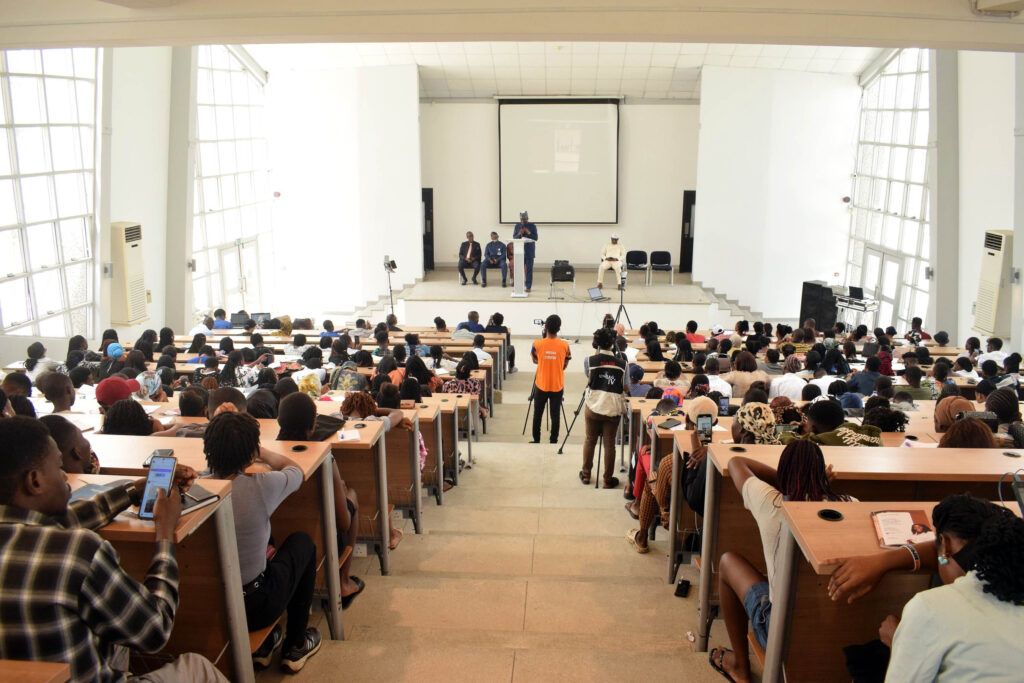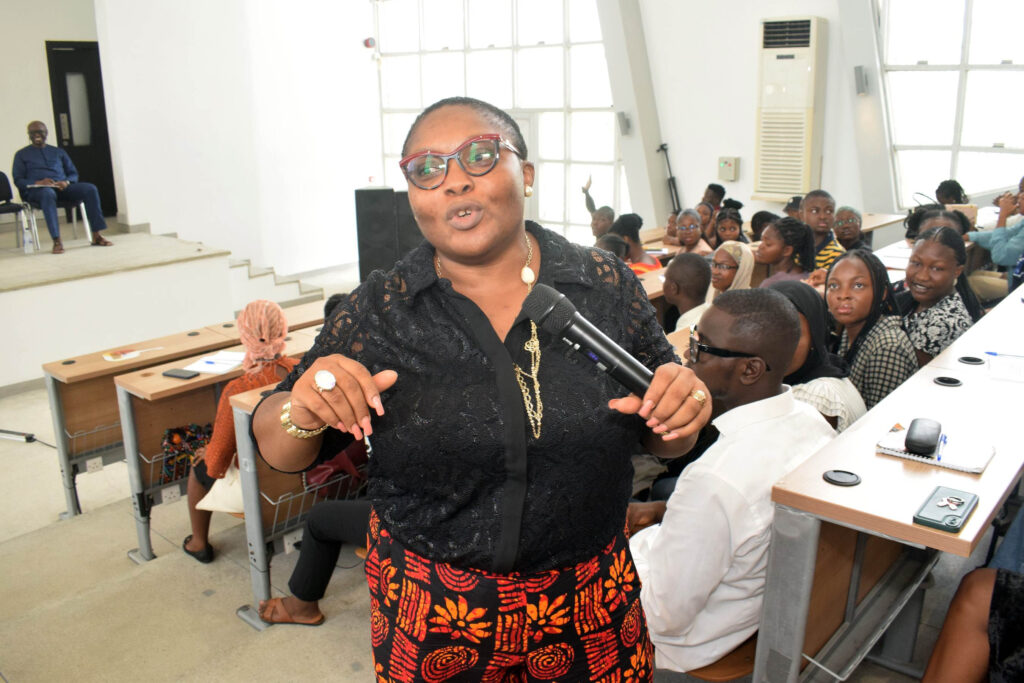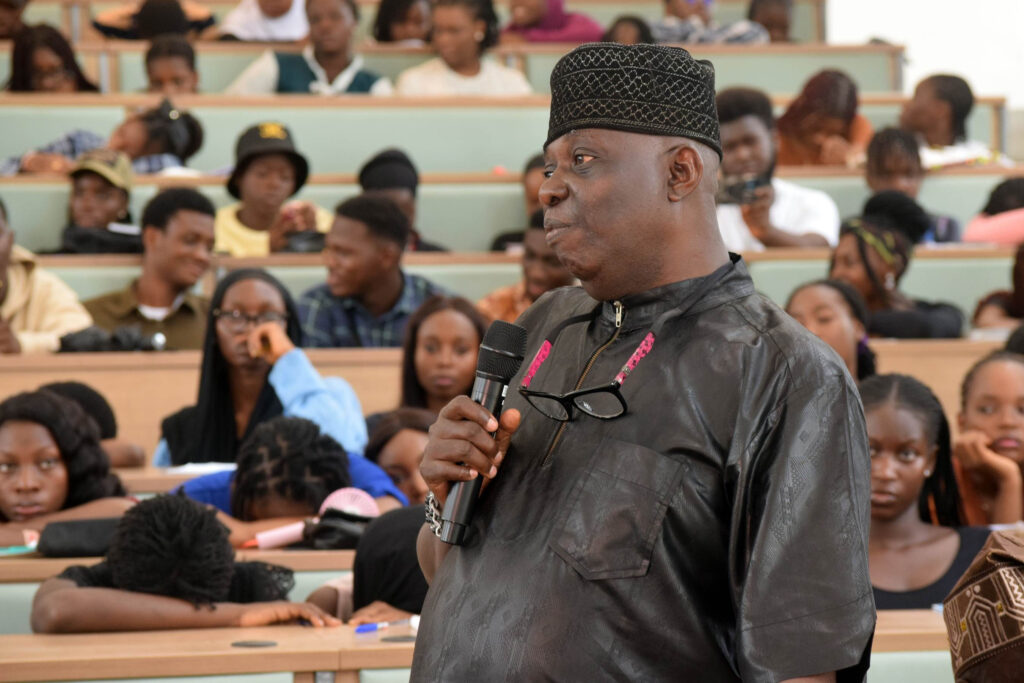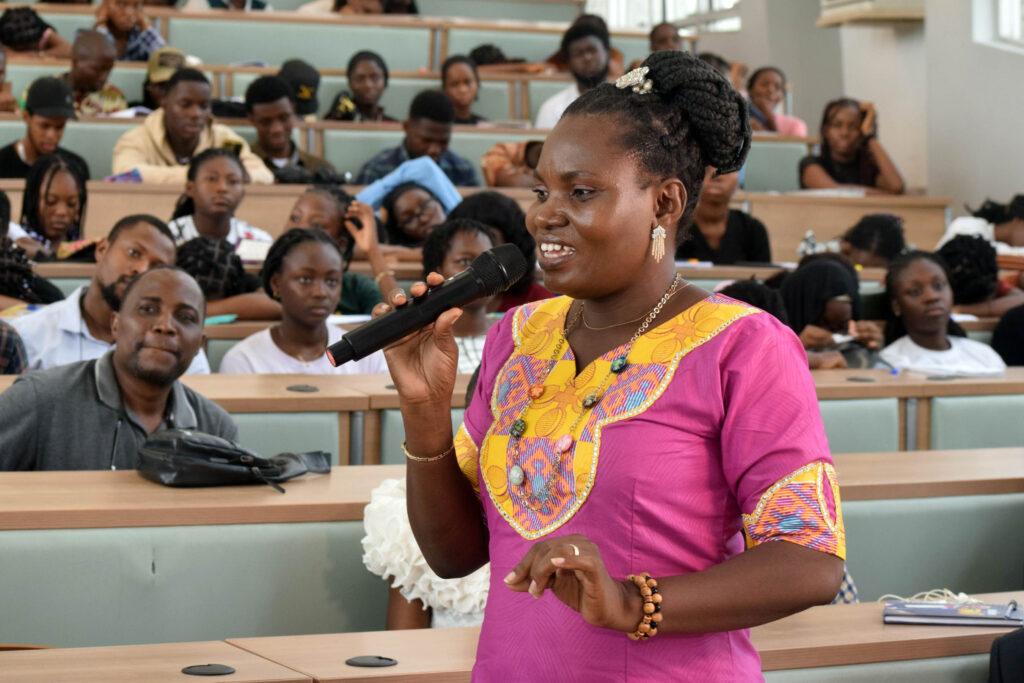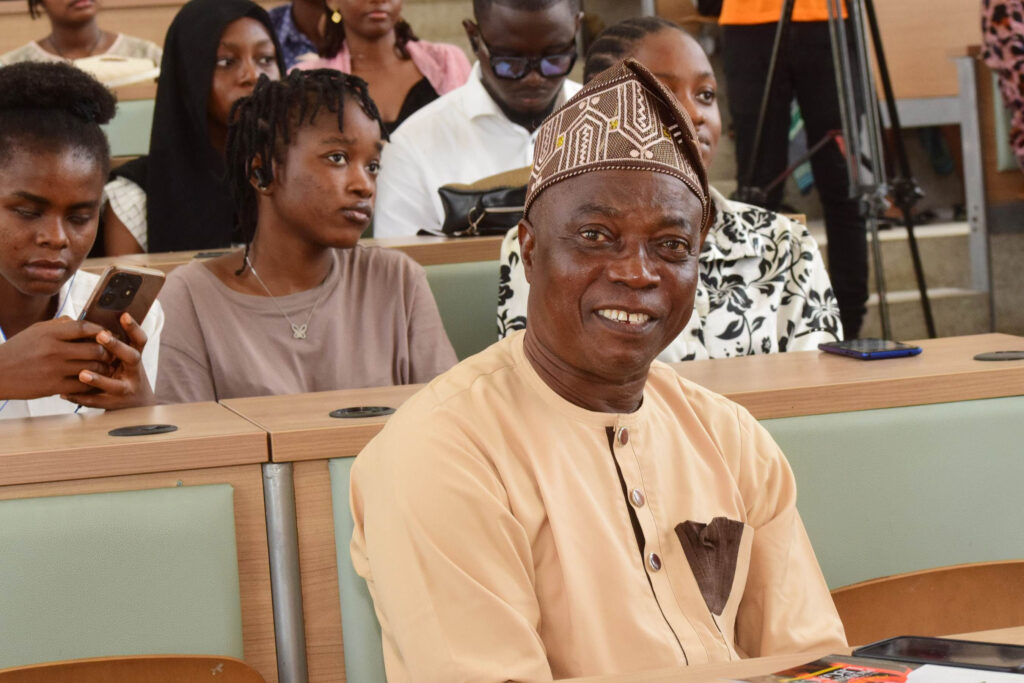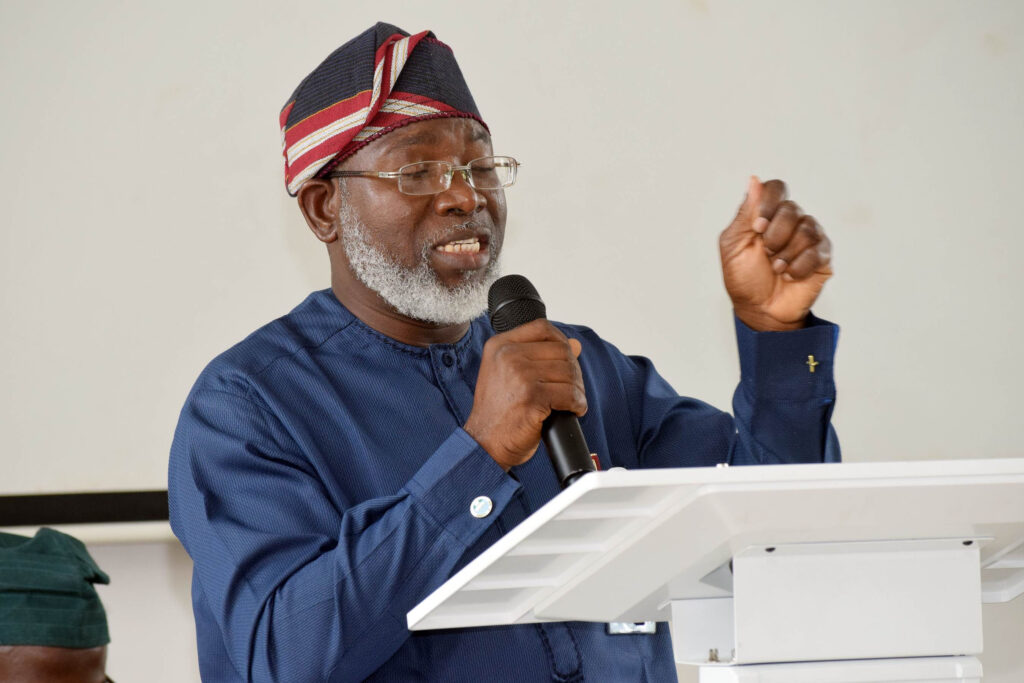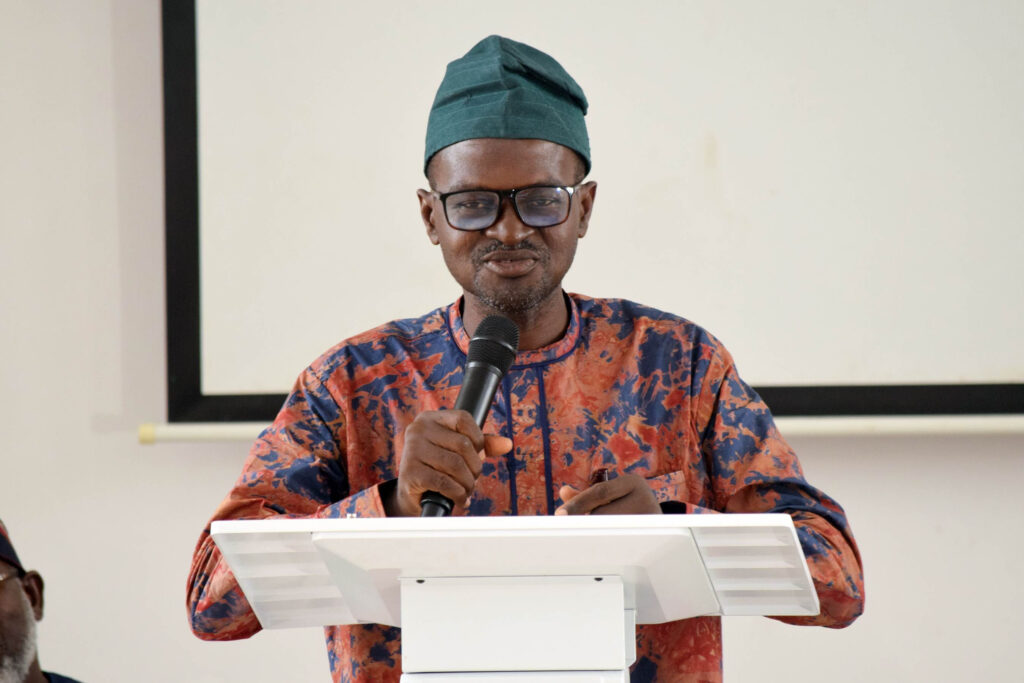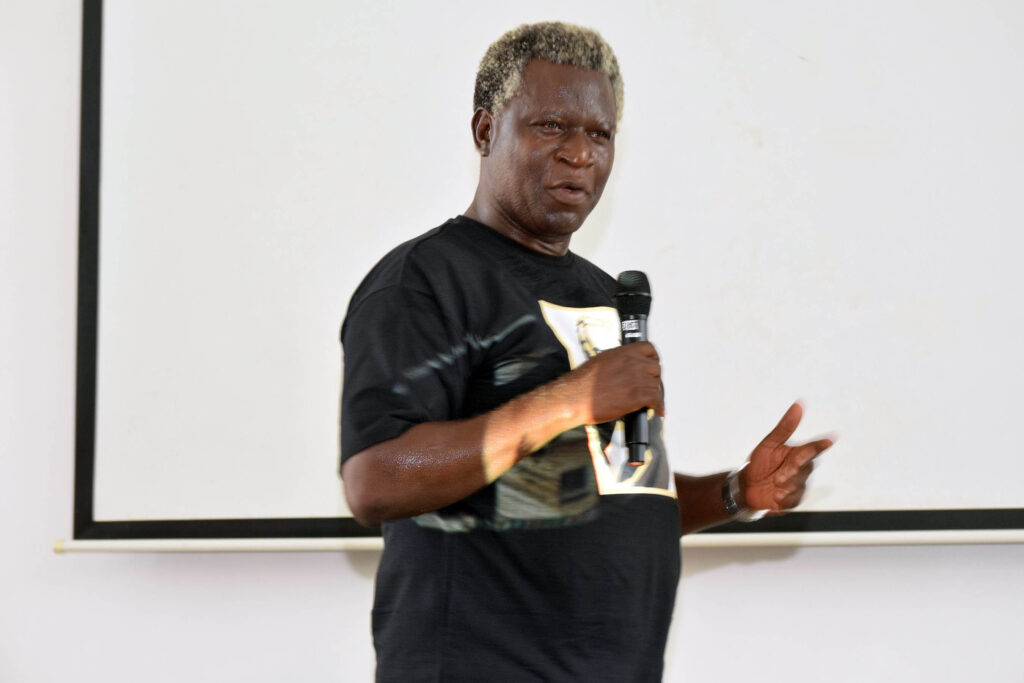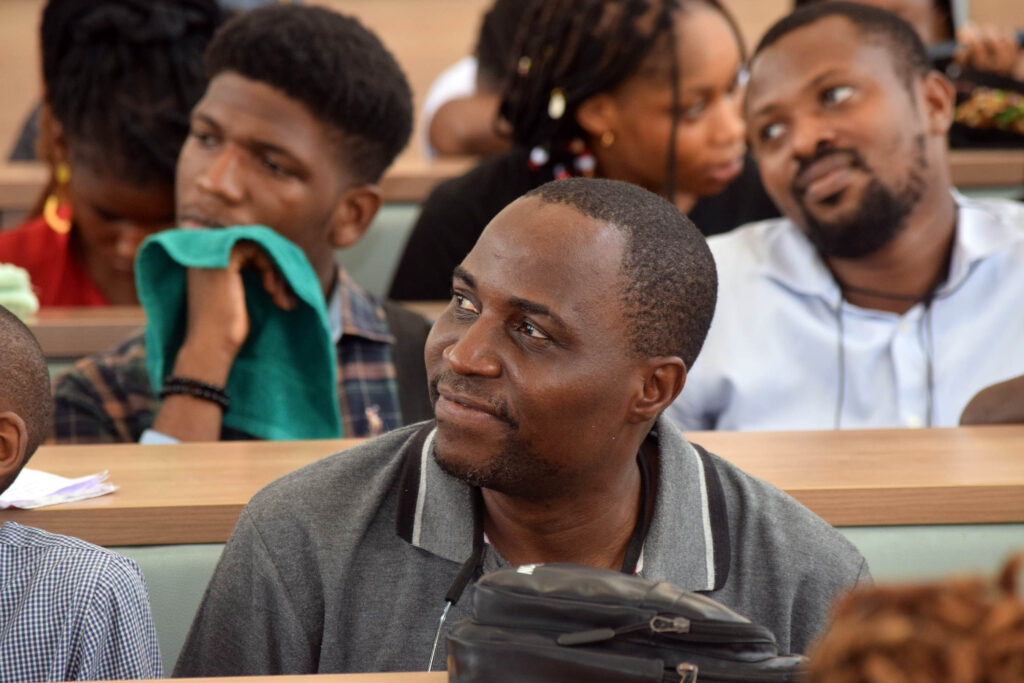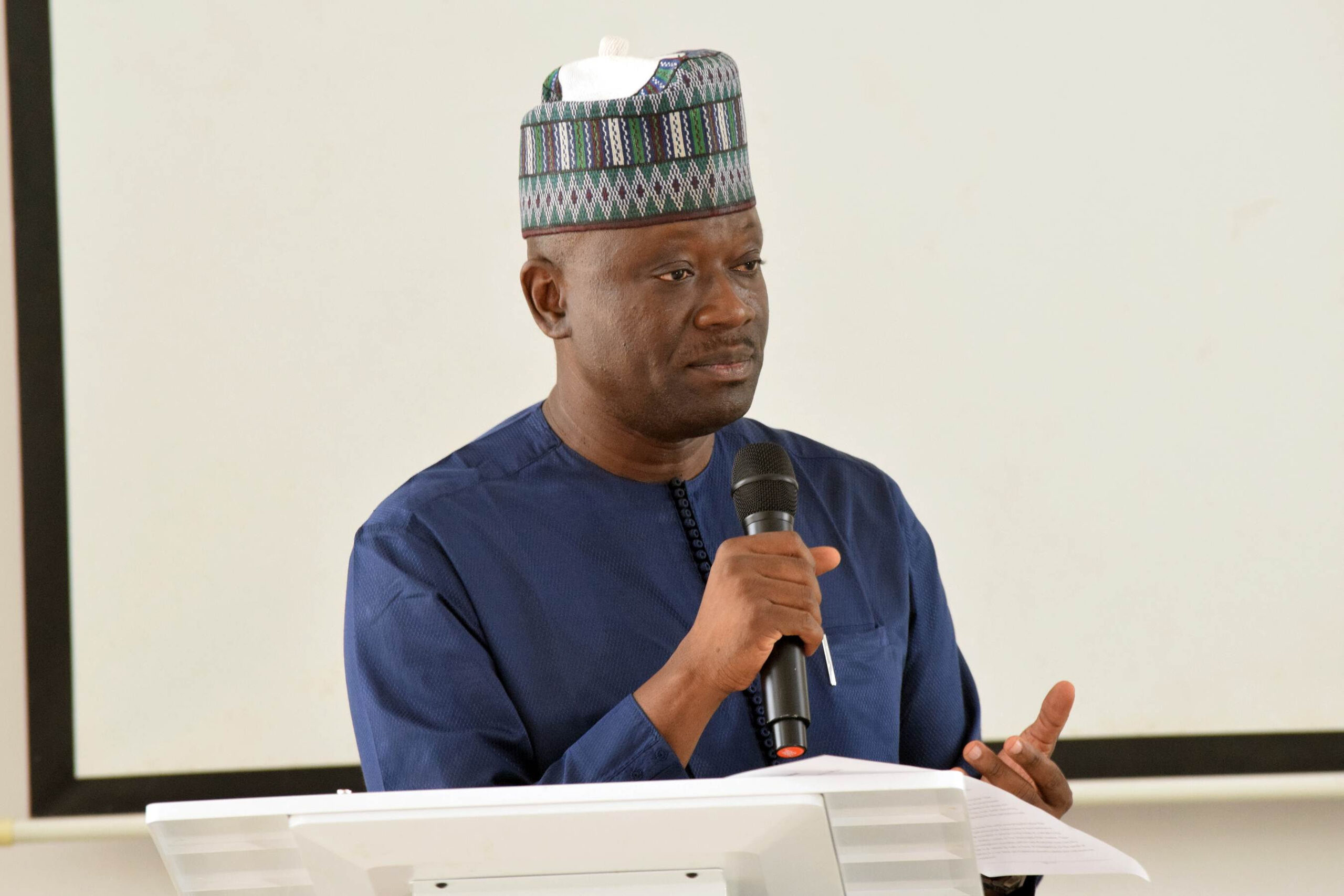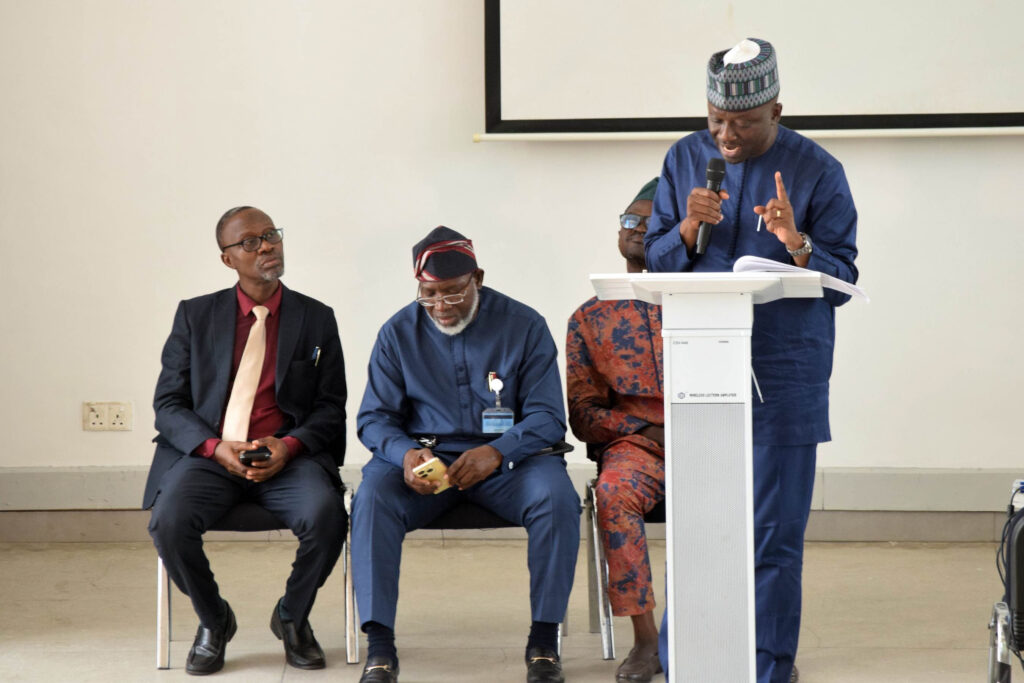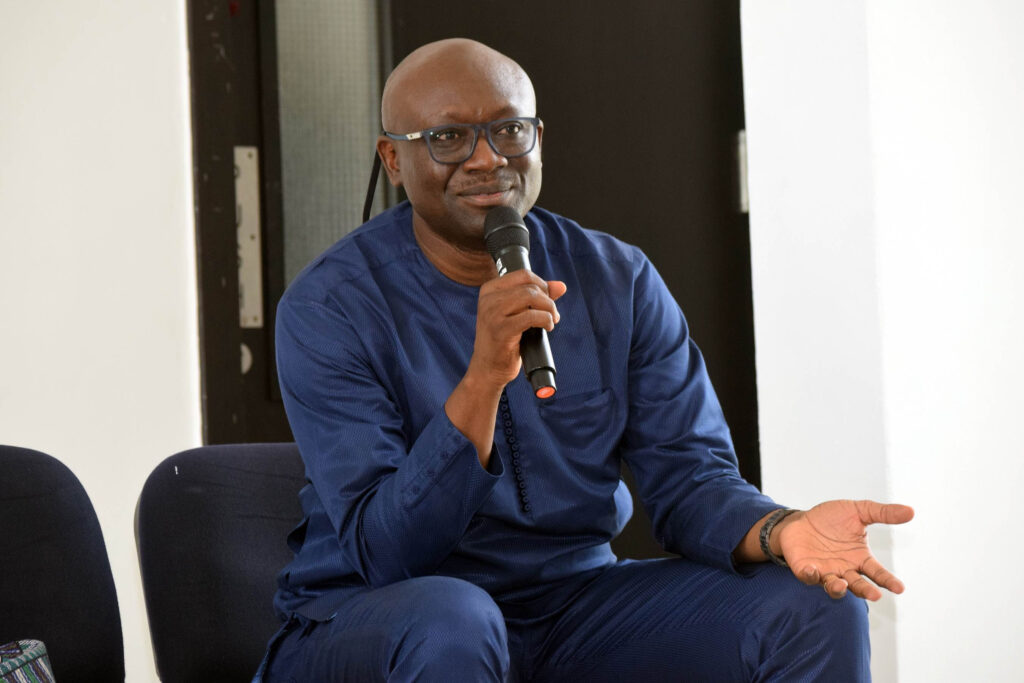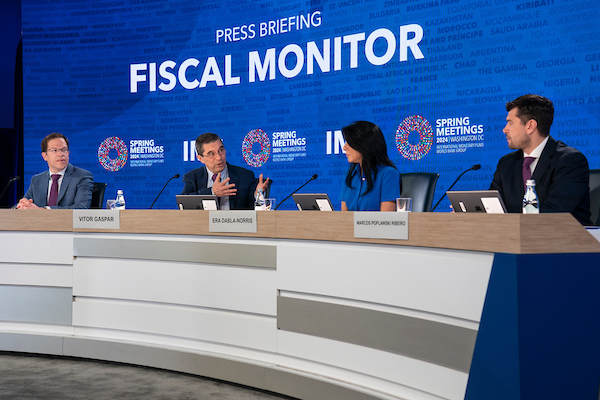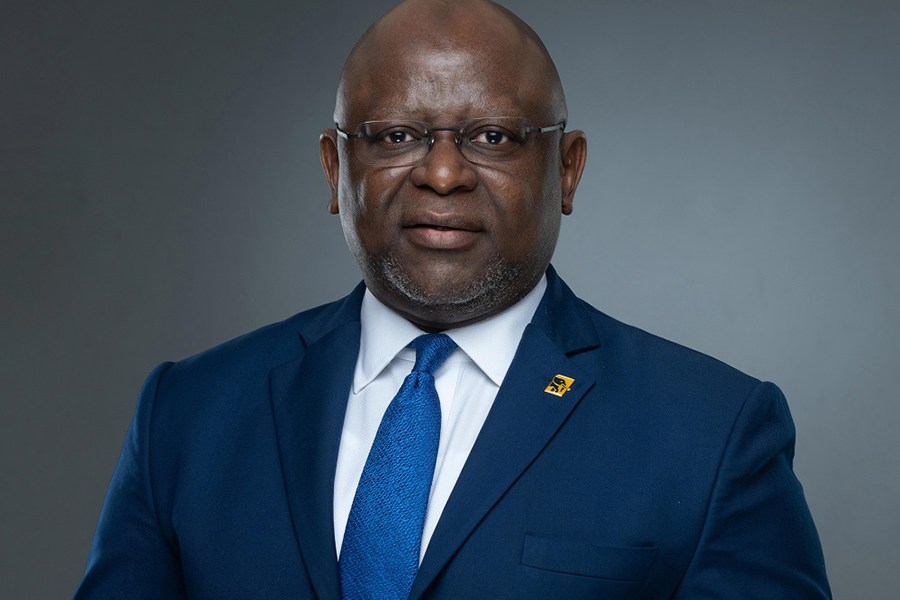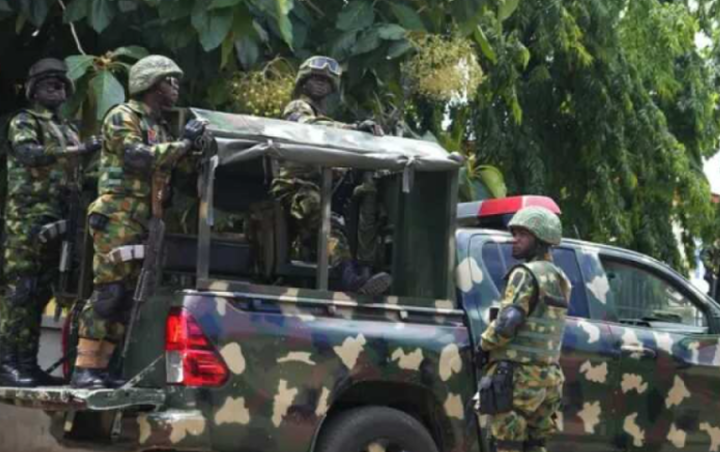Simon Kolawole, founder and CEO of TheCable, says it is important to know that different rules and ethics govern activism and journalism.
Kolawole said anyone who wants to combine both must respect the basic tenets of journalism.
He spoke on Thursday while giving the distinguished lecture, entitled ‘Dilemma between Journalism and Activism’, on the final day of the University of Lagos Mass Communication Alumni Association (UMCAA) World Communications Festival.
Kolawole said there should be no “tension” between journalism and activism because the social responsibility theory of the media already captures what journalists have always done in most modern societies: investigation, interpretation and advocacy.
Advertisement
“These are forms of activism. A core function of the mass media of communication is agenda setting which it has been performing for ages. Therefore, there is no real contention as to the activism component of journalism,” he said.
However, he warned that there must be a boundary between professional journalism and core activism to avoid blurring the lines.
Advertisement
“I want to challenge the notion that there should be no distinction between the two fields. It is argued by some proponents that journalists ought to be activists. There are those who also posit that journalists should comfortably wear the badge of activism. I am not too enthusiastic about this.
“Journalism can discharge its responsibilities to the society through some interventions that count as activism, but journalists should not be automatically categorised as activists on that account. Should a goalkeeper be classified as a striker because she has scored a goal? Should a plumber be classified as a bricklayer because she has used brick and mortar to install a shower cubicle? I think not.”
Kolawole, who graduated from the department in 1992, insisted that whereas journalism and activism may perform similar roles and have similar goals, they each operate under different rules and ethics.
“It is important to recognise, define and maintain a boundary. While the fence between the two must not be too high as to discourage a handshake across the divide, it should also not be too low for people not to know that there is, indeed, a boundary. In essence, the fence between activism and professional journalism must not be demolished,” he said.
Advertisement
WHERE JOURNALISM AND ACTIVISM DIFFER
He said while journalism and activism are not diametrically opposed, “we need to be very clear in our minds that no matter the chords that bind them together, they are not one and the same”.
Kolawole listed three major differences between journalism and activism.
“One, the rules and ethics of journalism are largely codified, even if constantly contested and always evolving. The same cannot be said of activism, which basically runs an open-ended system and is mostly subject to the rules and ethics set by individuals for themselves, aside the general regulations by the government for registered organisations,” he said.
Advertisement
“Two, a journalist is under obligation to be balanced in reporting and writing. To every story, there are at least two sides. Fairness and balance ensure that all the voices are heard. Activists are not under any such obligation. Activism thrives mainly on promoting one side of an issue and amplifying it.
Advertisement
“Three, gatekeeping is core to journalism. Because of media regulation and the laws of defamation, journalism has to process and moderate what it publishes. If the industry standards are not adhered to, there can be legal consequences. Activism is less restricted on that score.”
ON THE ACTIVIST JOURNALIST
Advertisement
Kolawole encouraged journalists who want to double as activists — and vice versa — not to be deterred but suggested that they must respect professional standards.
“One, those who want to combine both roles must abide by the rules and ethics of journalism. When there is a clash between the practice of activism and the demands of journalism, the activist journalist must understand which should come first,” he said.
Advertisement
“Two, a journalist who doubles as an activist must make full disclosure so that we will know who we are dealing with upfront. We don’t have to be confused as to whether it is a communicator or an agitator that is talking to us. This is very important.”
He said activists can get away with many things which journalists cannot.
“There is also a sense in which we can say while journalists are expected to be less emotional in reporting, activists need the emotions to fire their zeal. A journalist is expected to be circumspect because she has to work with all the information at her disposal, but the activist can pick and choose what information to utilise for the purpose of strengthening a campaign,” he said.
“If a journalist hides critical information that can change the tone of a story, it will be regarded as unprofessional. Activists are not under any obligation to disclose facts that may water down their agitation.”
THE INTERSECTION
He said there are ways in which a “cautious convergence” can be achieved between journalism and activism.
“Both have similar goals, whether or not they are expressly stated. Journalism is disturbed by the state of the society. Journalism wants to help change it. Activism is disturbed by the state of society. Activism wants to help change it. To that extent, the goals are the same. The difference is the paths and the characteristics and demands of each chosen path,” he said.
“Since both fields are not mutually exclusive, there is no crime having lunch together. They can develop a mutually beneficial relationship as long as the boundaries are respected. There are a number of ways to achieve this. I have identified three Cs: coverage of activism, collaboration on advocacy and championing causes.”
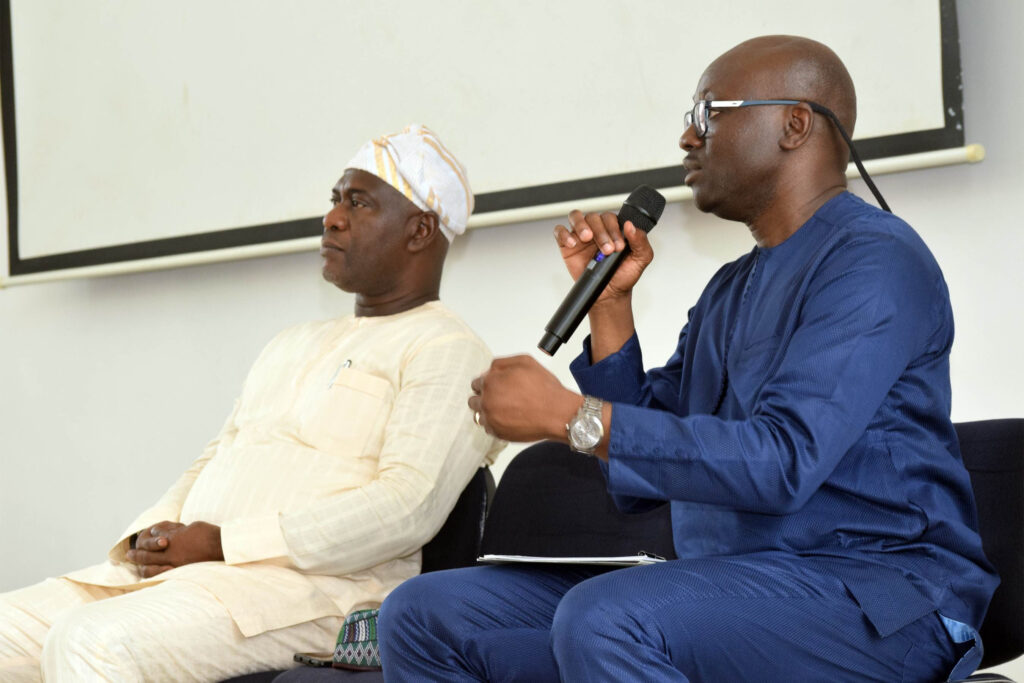
Musa Obalola, professor of risk management and insurance and the university’s dean of student affairs, represented the vice-chancellor at the one-day event.
Laja Odukoya, professor and dean of the faculty of social sciences; Adepoju Tejumaiye, professor of mass communication and head of the department; and Wale Williams, the UMCAA president, were present at the lecture which had hundreds of students in attendance.
This was the sixth edition of the distinguished lecture series.
IMAGES FROM THE LECTURE
